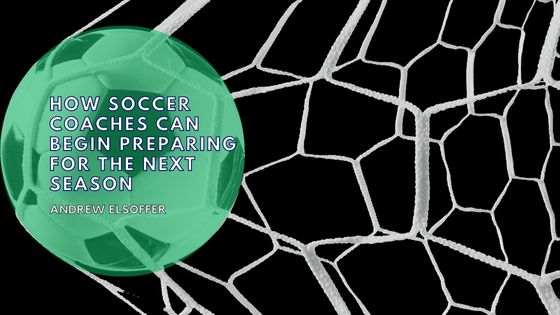As one soccer season concludes, the diligent coach monitors the next. Preparation for the upcoming season is a meticulous and strategic process that goes beyond the physical training of players. It involves analysis, planning, and building a cohesive team spirit. This preparation phase is critical in setting the tone for the team’s performance, morale, and overall success.
The end of a soccer season offers coaches a valuable opportunity to reflect and build upon the team’s previous performances. Preparation for the next season involves a comprehensive approach beyond physical readiness. It requires a deep dive into the game’s tactical, technical, and psychological aspects.
Analyzing the past season’s performance helps identify strengths to be consolidated and weaknesses to be addressed. This analysis involves reviewing game footage, player statistics, and team dynamics. A coach must also consider player development, focusing on individual skills and team synergy. This phase may include scouting for new talent to fill gaps or enhance the team’s capabilities.
Strategic planning for the upcoming season is another crucial aspect. This involves setting clear goals, developing training programs, and planning tournaments and matches. The off-season is also an ideal time for coaches to engage in professional development, updating their knowledge and skills to keep up with the evolving nature of the sport.
Analyzing the Past Season
A thorough analysis of the past season is the first step in preparing for the next. Coaches should evaluate both team performance and individual player development. This process involves reviewing game footage to understand tactical successes and failures. Statistical analysis of players’ performance, including goals scored, passing accuracy, and defensive stability, provides objective data for assessment.
This evaluation also involves understanding the team’s dynamics. How did the team respond under pressure? Were there any recurring tactical issues? How effective was the communication on and off the field? Such introspection helps in identifying areas for tactical improvements and team-building activities.
Additionally, feedback from players can be invaluable. Understanding their perspectives on the season can provide insights into team morale and areas they feel need improvement. Engaging players in this process also fosters a sense of ownership and responsibility for the team’s development.
Player Development and Recruitment
Player development is a continuous process and is pivotal during the off-season. Coaches should focus on individual player skills as well as team tactics. This may involve personalized training plans to enhance specific skills or address weaknesses.
Physical conditioning is another critical aspect. Developing a fitness program that maintains players’ physical condition while giving them enough rest is vital. If needed, it’s also an opportune time to focus on injury prevention strategies and rehabilitation.
Recruitment plays a crucial role in team preparation. Identifying and scouting potential new players to strengthen the team is ongoing. Coaches should assess the team’s needs, considering factors like player retirements, injuries, and areas lacking depth or expertise. Recruitment should align with the team’s style of play and strategic goals for the upcoming season.
Integrating new players into the team requires a thoughtful approach, ensuring they adapt to the team’s culture and style of play. This integration is as much about skill and tactics as it is about building chemistry within the team.
Strategic Planning and Setting Goals
Strategic planning for the next season involves setting realistic and achievable goals. These goals should be specific, measurable, achievable, relevant, and time-bound (SMART). They can range from improving certain aspects of team play, such as defense or ball possession, to achieving specific standings in the league.
Developing a detailed training plan is essential. This plan should outline the training phases, focusing on building fitness, technical skills, tactical understanding, and team cohesion. It’s essential to structure the training sessions to progressively build up to the season, peaking at the right time.
Coaches should also plan for pre-season matches as they are crucial for gauging the team’s readiness. These matches offer a chance to experiment with tactics and give players the feel of competitive play.
Another aspect of planning involves logistics, such as scheduling training sessions, organizing travel arrangements for away matches, and ensuring equipment and facilities are in order. Effective communication with the team and support staff ensures everyone is aligned with the season’s objectives and plans.

